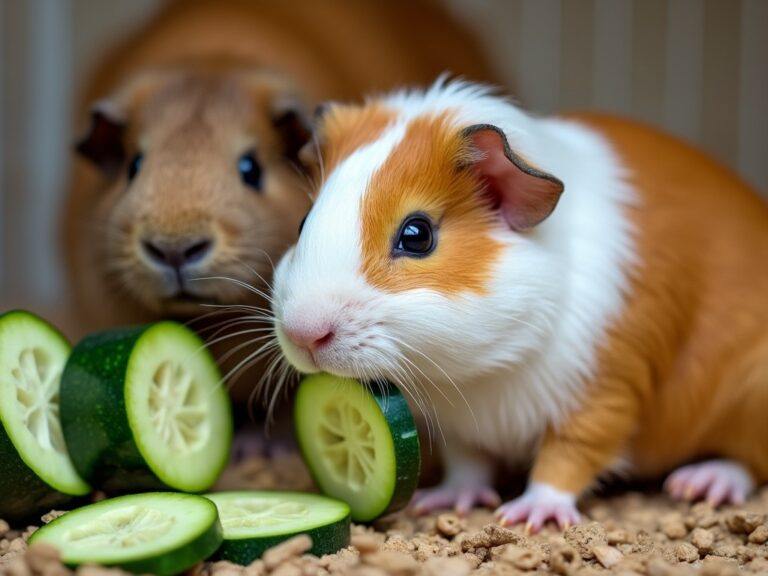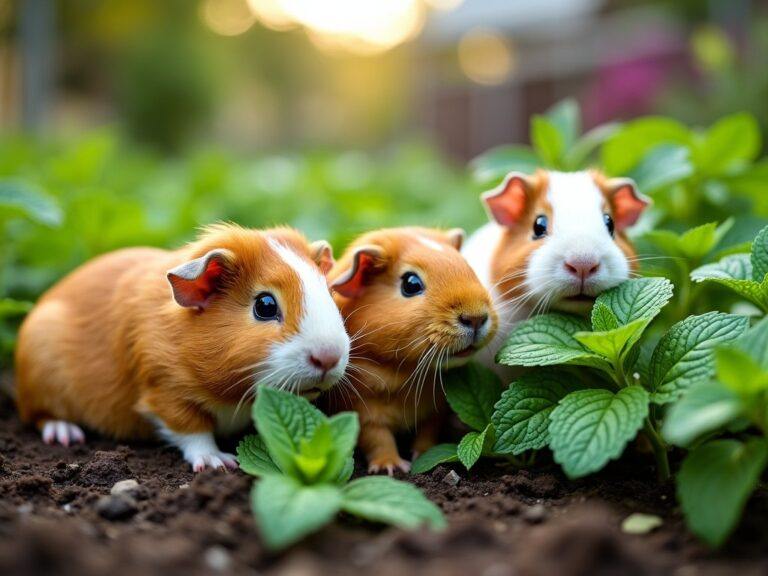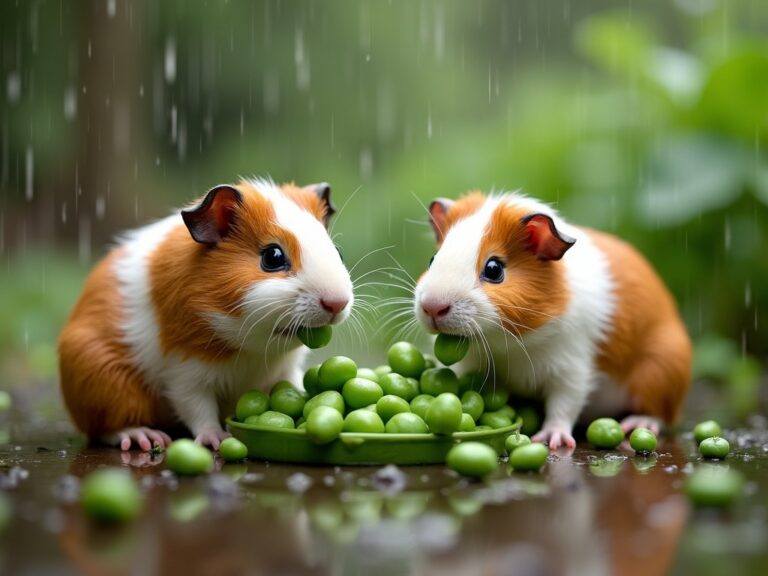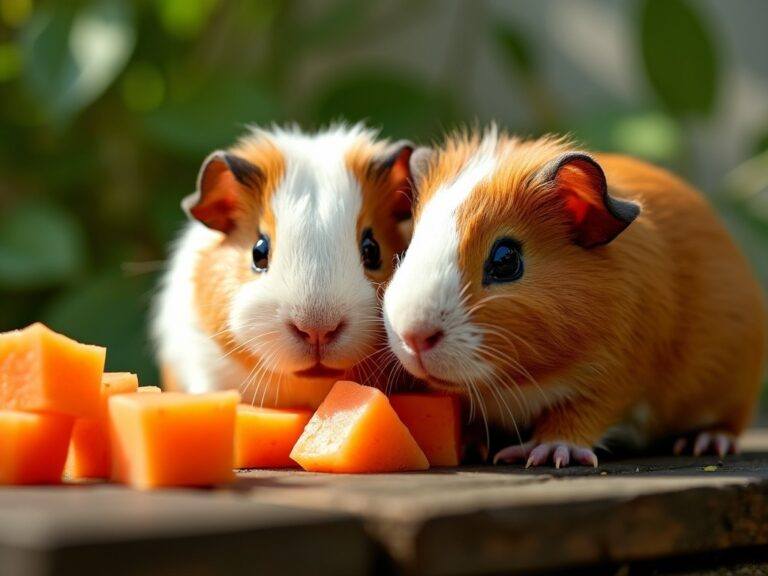Can Guinea Pigs Safely Eat Eggs
No, guinea pigs should not eat eggs. Their digestive systems aren’t built to process animal products, including eggs, which can lead to serious health issues. Guinea pigs are herbivores, meaning their diet needs to be plant-based to ensure they get the right nutrients and stay healthy.
Guinea pigs require a diet high in fiber, low in fat, and rich in Vitamin C. Eggs are high in protein and fat but don’t provide the necessary fiber or Vitamin C. This imbalance can result in digestive problems and deficiencies.
Feeding eggs to guinea pigs can lead to potential health risks such as obesity, digestive issues, and even severe conditions like kidney or liver problems.
Sticking to a proper diet designed for guinea pigs is crucial for their well-being and longevity.
Understanding Guinea Pig Nutrition
Guinea pigs thrive on a diet rich in fiber, which mainly comes from hay. Hay helps maintain a healthy digestive system and keeps their teeth properly worn down.
Unlimited access to fresh, good-quality hay is a must for any guinea pig diet.
In the wild, guinea pigs graze on grasses and leafy greens. This natural diet provides them with the nutrients they need. Replicating this in captivity means providing plenty of fresh vegetables along with their regular hay.
Vitamin C is crucial for guinea pigs because they can’t produce it themselves. A lack of Vitamin C can lead to scurvy, a serious condition.
Including fortified pellets and fresh vegetables like bell peppers, kale, and broccoli can help meet their Vitamin C needs.
Commercial guinea pig pellets can supplement their diet, but choose brands that are specifically formulated for guinea pigs.
Avoid those with added seeds, nuts, or dried fruits as these can be too fatty and sugary. Regular, plain pellets ensure they get balanced nutrition without extras they don’t need.
Safe and Nutritious Alternatives to Eggs
Instead of eggs, offer your guinea pigs a variety of fresh vegetables and fruits. Bell peppers, cucumbers, and leafy greens like romaine lettuce are excellent choices.
Fruits like strawberries, pears and apples can be given as occasional treats, but remember, moderation is key due to their sugar content.
Commercial guinea pig pellets should be a staple in their diet. These pellets are formulated to provide essential nutrients and are often fortified with Vitamin C.
I always check the ingredient list to ensure there are no harmful additives.
It’s crucial to know which foods to avoid. Avocado, chocolate, and garlic are toxic to guinea pigs. Iceberg lettuce and cabbage can cause bloating, so steer clear of those too.
Sticking to safe, guinea pig-friendly foods ensures they stay healthy and happy.







